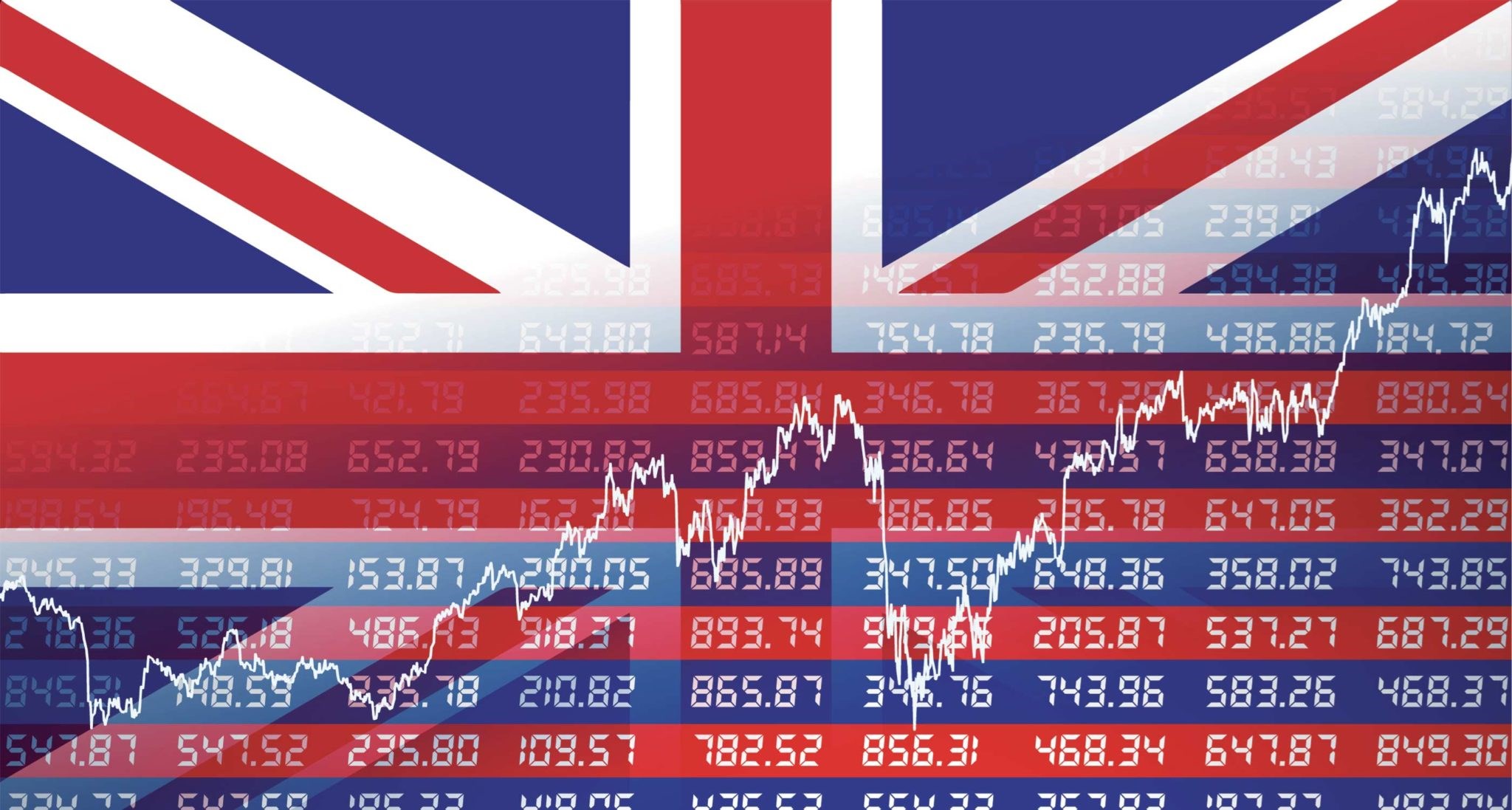UK recession risk increases as economy shrinks in March
The British economy experienced a downfall in March due to a surge in prices, raising the threat of recession.
-

UK economy is faced with risks of a recession.
The British economy shrunk in March as a result of rising prices, raising the risk of the country entering recession.
The last positive output for the UK economy was in last January, before registering zero growth the following month and falling by 0.1 percent in March, according to official first-quarter figures released on Thursday.
It comes as the Bank of England (BoE) warned last week that the UK risks entering a recession, with inflation expected to reach 10% by the end of the year, a four-decade high.
Read next: Reckless US sanctions on Russia trigger global inflation - The Global Times
Consumer prices are rising around the world as countries emerge from pandemic lockdowns and in the aftermath of the Ukraine conflict, which is exacerbating already high energy costs.
The British economy grew by 0.8 percent in January-March, the slowest quarterly growth in a year, according to the Office for National Statistics (ONS).
It compared with gross domestic product expansion of 1.3 percent in the fourth quarter of last year.
Risk of recession
"The risk of recession has just risen," said Paul Dales, chief UK economist at Capital Economics.
He noted that the GDP figures "suggest the economy had less momentum than we thought even before the full hit from the cost-of-living crisis has been felt".
Dales added that "strong price pressures will probably mean the BoE will raise interest rates further".
The central bank last week raised its main interest rate by a quarter-point to one percent to tackle runaway UK inflation.
Its key rate now stands at the highest level since the global financial crisis in 2009 after recording its fourth straight increase by BoE.
The spike in rates increased costs for consumers and businesses, further impacting spending.

 2 Min Read
2 Min Read










